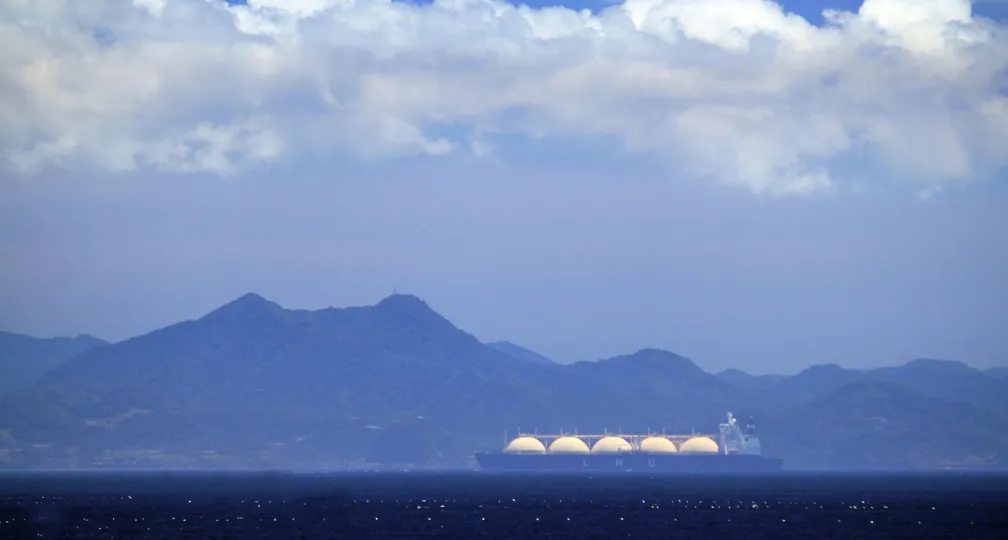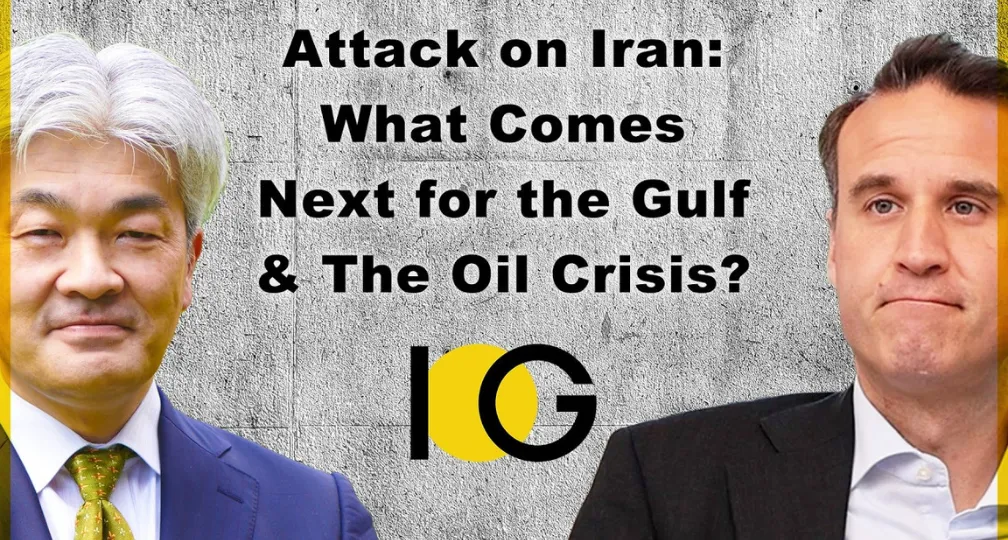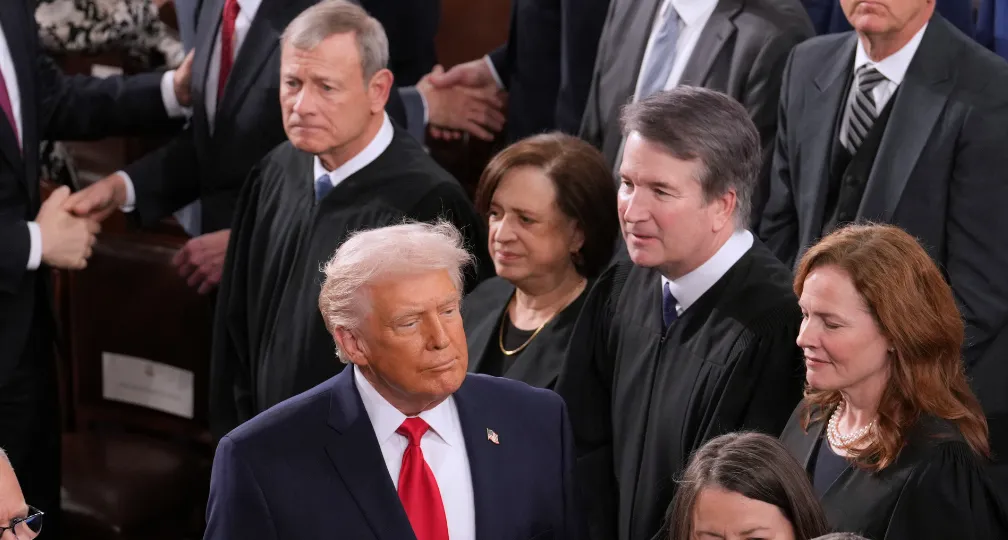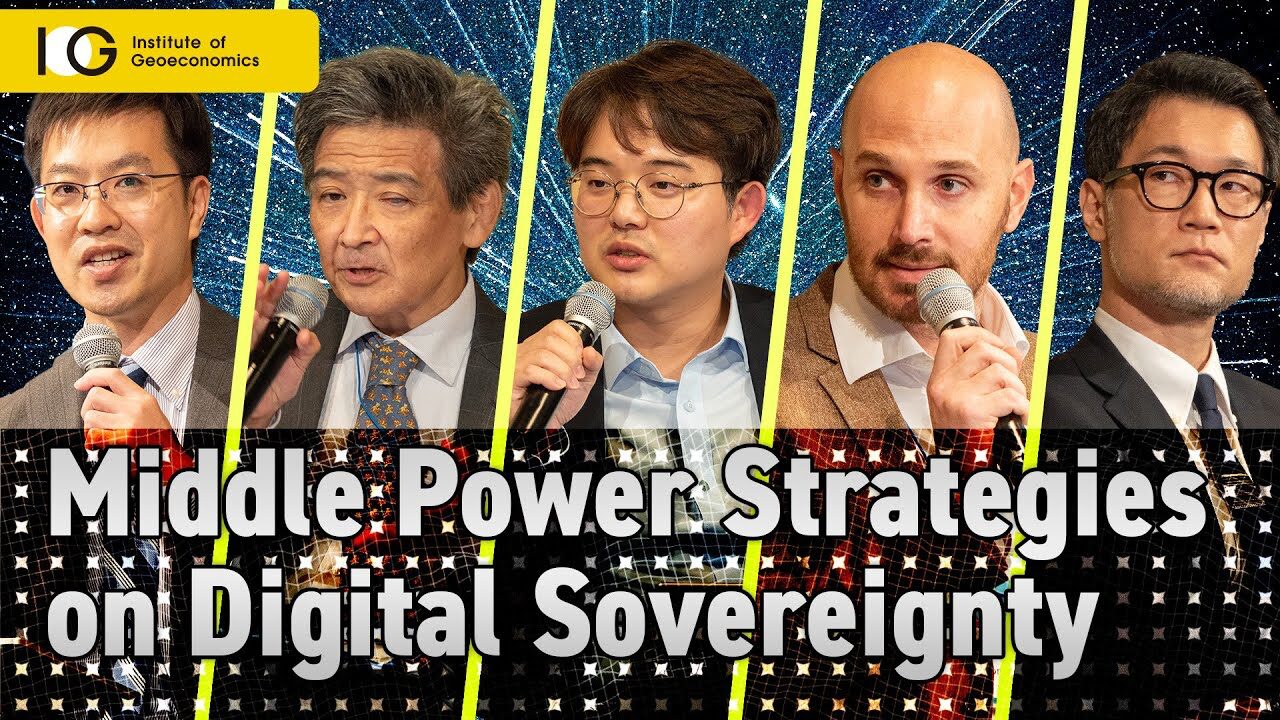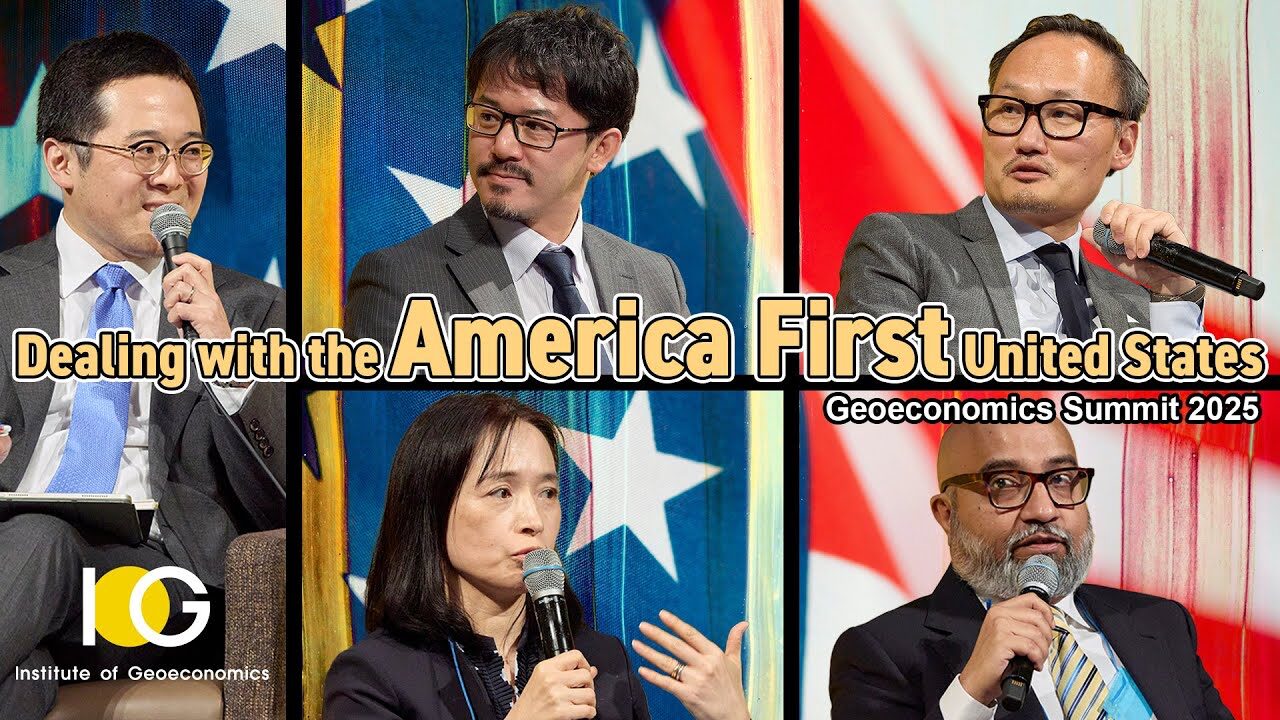Why the security of Asia and Europe are inseparable
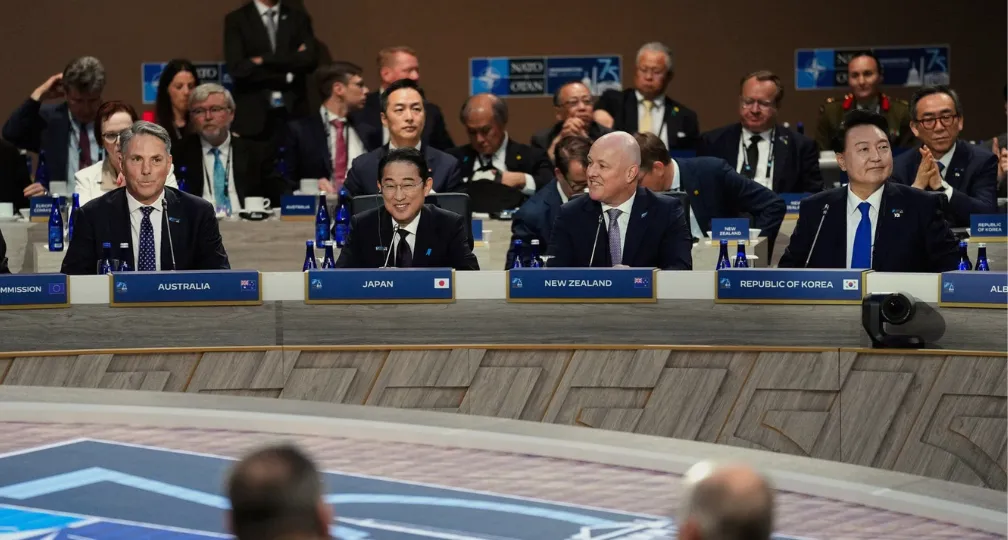
The driving force behind this strengthened cooperation is the widely shared recognition that “the security of the Euro-Atlantic and Indo-Pacific is inseparable,” as then-Prime Minister Fumio Kishida stated at the meeting.
Yet some in Washington’s defense community criticize that Europe and the Indo-Pacific are entirely different regions, and should therefore focus on their own matters.
They are mistaken.
Euro-Atlantic-Indo-Pacific nexus
The traditional understanding of Western alliances consists of having two distinct frameworks — NATO in the Euro-Atlantic and the so-called hub-and-spokes alliance in the Indo-Pacific. There is some truth to this, but it misses the full picture.
Both alliance networks depend on military support from the United States, meaning that if war breaks out in one region and the U.S. concentrates its forces there, deterrence capabilities in the other will be compromised, exposing structural vulnerabilities.
In other words, both regions depend on each other for peace and stability, and security challenges in one region are likely to affect the other.
The roots of the interdependent alliance networks can be traced back to the so-called Western defense strategy conceived by the U.S. and British militaries in the early Cold War. A year after World War II ended, the U.S. military began crafting war plans to defend Western Europe, the Middle East and East Asia from Soviet aggression.
However, due to postwar demobilization, Washington faced a shortage of manpower and needed its allies and partners in Europe and the Pacific to be incorporated into the policy. By 1950, the U.S. and British militaries coordinated a global strategy delineating the roles of each European and Pacific ally — one that required all partners to pitch in their fair share. Failure to do so would affect the West’s broader defense strategy, jeopardizing security in both regions — which, the allies recognized, was inseparable.
For example, Australia was deeply concerned that its security and military deployments would be influenced by developments in Europe. During the drafting of the ANZUS Treaty that secured defense commitments from the U.S., Australia even sought a way to weigh in on NATO.
Similarly, when conflicts like the Korean War and Vietnam War broke out, NATO allies feared that U.S. military attention would tilt too far toward the Pacific, weakening deterrence in Europe.
Ukraine and interdependence
After the outbreak of the Ukraine war in February 2022, there were concerns that the United States’ attention might move away from the Indo-Pacific if it focused solely on supporting Kyiv.
However, this did not happen. Instead, Indo-Pacific nations have viewed support for Ukraine favorably and sought to aid the country in various ways. Some see the Indo-Pacific strategic environment as being at its most challenging since World War II — and despite this, IP4 countries continue to back Ukraine.
One reason is that they perceive Washington’s actions as rational. The U.S. has limited its aid to Kyiv, avoiding any significant deployment of forces or equipment from the Indo-Pacific, thus eliminating any perceived trade-off between supporting Ukraine and regional security. Additionally, Indo-Pacific countries have been reassured by the United States’ maintenance of a strong diplomatic posture against China even as war rages in Europe.
The second reason is that there is growing recognition, especially in IP4 nations, that the Euro-Atlantic and Indo-Pacific must rely on each other. For example, Japan’s defense white paper this year states that “Japan must closely monitor future changes in the European situation … acknowledging that the security of Europe and the Indo-Pacific is inseparable.”
Similarly, Australia and New Zealand are concerned that the war in Europe could affect the rules-based international order, impacting their security.
European countries are also more aware of the connection between the Ukraine war and security in the Indo-Pacific, particularly due to China’s export of dual-use equipment to Russia and North Korea’s direct provision of missiles, artillery shells and now troops to Moscow. These developments have led Europe to recognize the two regions’ interdependence, leading to the NATO and IP4 summit.
Cooperation challenges
However, there are notable challenges in security cooperation between the Euro-Atlantic and Indo-Pacific. For example, since the NATO and IP4 framework is primarily focused on European security, discussions are often Eurocentric. While this is explained by the fact that NATO hosts the summits, the scope of discussions needs to be widened.
This year’s meeting made some headway in addressing global security issues not constrained by geography, showing a gradual broadening of the agenda. Three of the flagship initiatives that were announced — in the areas of cyber defense, countering disinformation and technology — are not directly related to Ukraine. Furthermore, Japan announced plans to host a dialogue on strategic communications with NATO and IP4 members later this year.
But that’s not enough. While NATO and IP4 have addressed the topic of international security, including in the Indo-Pacific, discussions are mostly limited to sharing perceptions of the security environment. To deepen this dialogue and deliver concrete solutions, it would be more effective to establish a new forum led by IP4, such as “IP4 + NATO.”
Moreover, the NATO and IP4 configuration has yet to address the issue of shortages in conventional forces, a significant problem shared by almost all members of the Western alliance and a critical issue for IP4 countries too.
During the Cold War, the American military had sufficient forces to handle two conflicts simultaneously. However, that is no longer the case, which means that deterrence in one region would be greatly weakened if a conflict broke out in the other.
Efforts must be made to improve the security environment in each region through cooperation. NATO’s European members and the IP4 should focus on strengthening their conventional forces to compensate for the relative decline in U.S. military capabilities.
One way to achieve this would be to promote defense industry cooperation across regions, such as collaboration in producing critical ammunition like air defense missiles. To make this happen, NATO and the IP4 should go beyond supporting Ukraine, addressing challenges related to the Indo-Pacific and their military shortcomings.
(Photo Credit: Shutterstock)
[Note] This article was posted to the Japan Times on October 29, 2024:
https://www.japantimes.co.jp/commentary/2024/10/29/japan/nato-ip4-europe-indo-pacific-security/

Geoeconomic Briefing
Geoeconomic Briefing is a series featuring researchers at the IOG focused on Japan’s challenges in that field. It also provides analyses of the state of the world and trade risks, as well as technological and industrial structures (Editor-in-chief: Dr. Kazuto Suzuki, Director, Institute of Geoeconomics (IOG); Professor, The University of Tokyo).
Disclaimer: The opinions expressed in Geoeconomic Briefing do not necessarily reflect those of the International House of Japan, Asia Pacific Initiative (API), the Institute of Geoeconomics (IOG) or any other organizations to which the author belongs.


Research Fellow
Rintaro Inoue is a Research Fellow at the Asia Pacific Initiative (API) & the Institute of Geoeconomics (IOG), the International House of Japan (IHJ), a Tokyo-based global think-tank, where he focuses on U.S. security policy, the U.S.-Australia alliance, Japanese defense policy, and economic statecraft including defense industrial base policy. Prior to assuming his current position, he joined the Asia Pacific Initiative (API) as an intern and contributed to multiple projects including the Japan-U.S. Military Statesmen Forum (MSF). He is currently researching defense industrial policies of other countries in the International Security Order Group. He received his BA and MA in law from Keio University and is now a PhD student.
View Profile-
 U.S. LNG and Japan's Sea Lanes: Towards Diversification and Stabilization of the Maritime Transportation Routes2026.03.03
U.S. LNG and Japan's Sea Lanes: Towards Diversification and Stabilization of the Maritime Transportation Routes2026.03.03 -
 Attack on Iran: What Comes Next for the Gulf & The Oil Crisis?2026.03.02
Attack on Iran: What Comes Next for the Gulf & The Oil Crisis?2026.03.02 -
 The Supreme Court Strikes Down the IEEPA Tariffs: What Happened and What Comes Next?2026.02.27
The Supreme Court Strikes Down the IEEPA Tariffs: What Happened and What Comes Next?2026.02.27 -
 Fed-Treasury Coordination as Economic Security Policy2026.02.13
Fed-Treasury Coordination as Economic Security Policy2026.02.13 -
 What Takaichi’s Snap Election Landslide Means for Japan’s Defense and Fiscal Policy2026.02.13
What Takaichi’s Snap Election Landslide Means for Japan’s Defense and Fiscal Policy2026.02.13
 Orbán in the Public Eye: Anti-Ukraine Argument for Delegitimising Brussels2026.02.04
Orbán in the Public Eye: Anti-Ukraine Argument for Delegitimising Brussels2026.02.04 Fed-Treasury Coordination as Economic Security Policy2026.02.13
Fed-Treasury Coordination as Economic Security Policy2026.02.13 India and EU Sign Mother of All Deals2026.02.09
India and EU Sign Mother of All Deals2026.02.09 Oil, Debt, and Dollars: The Geoeconomics of Venezuela2026.01.07
Oil, Debt, and Dollars: The Geoeconomics of Venezuela2026.01.07 When Is a Tariff Threat Not a Tariff Threat?2026.01.29
When Is a Tariff Threat Not a Tariff Threat?2026.01.29


